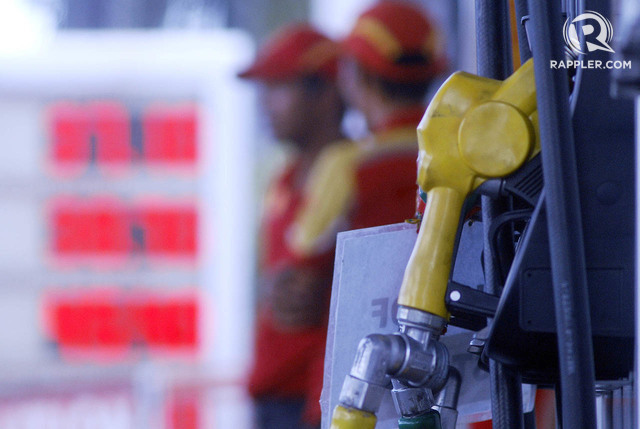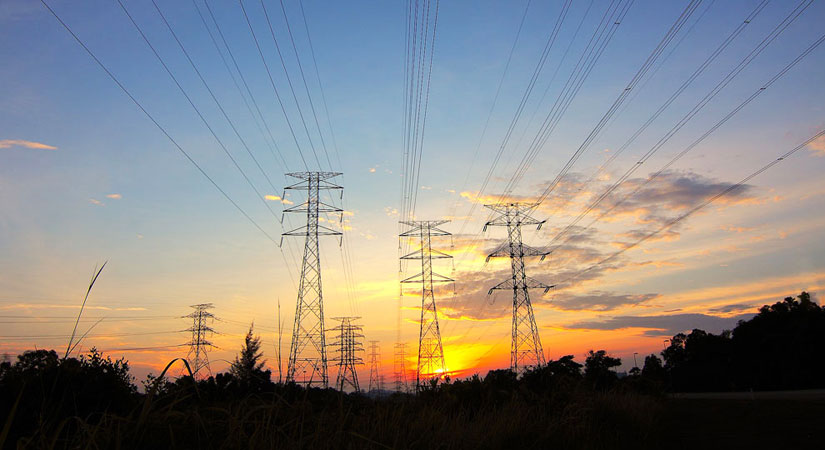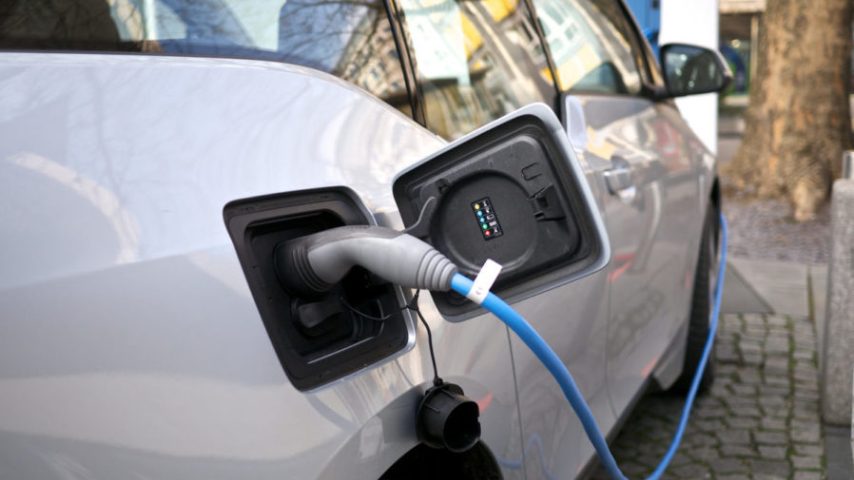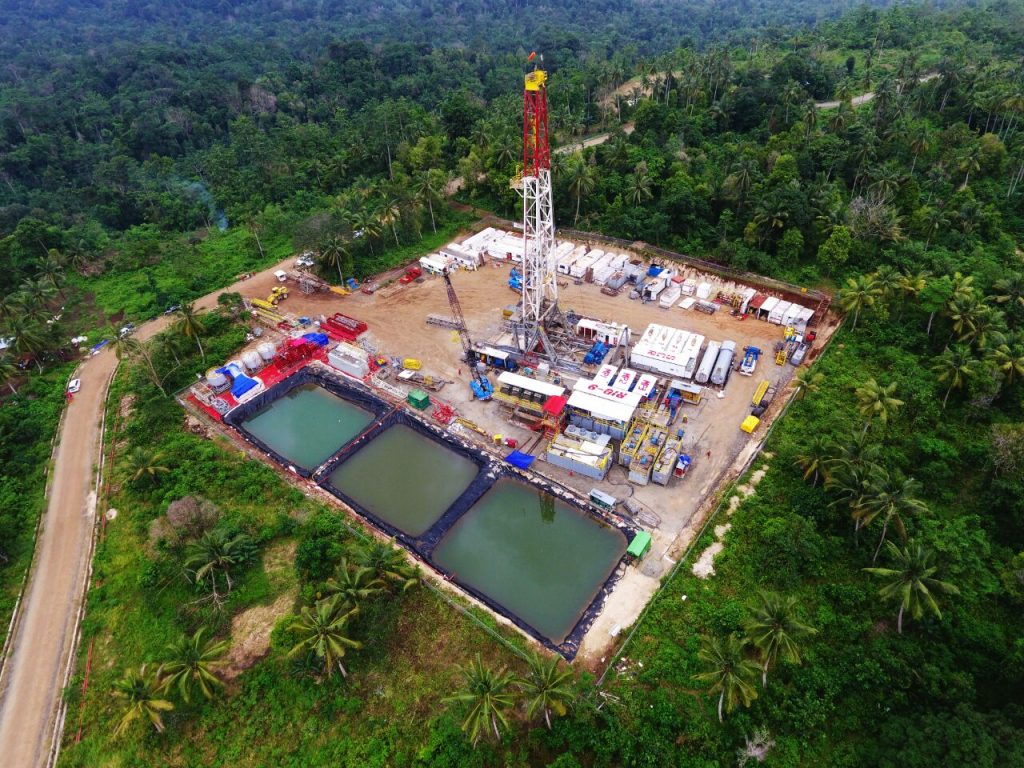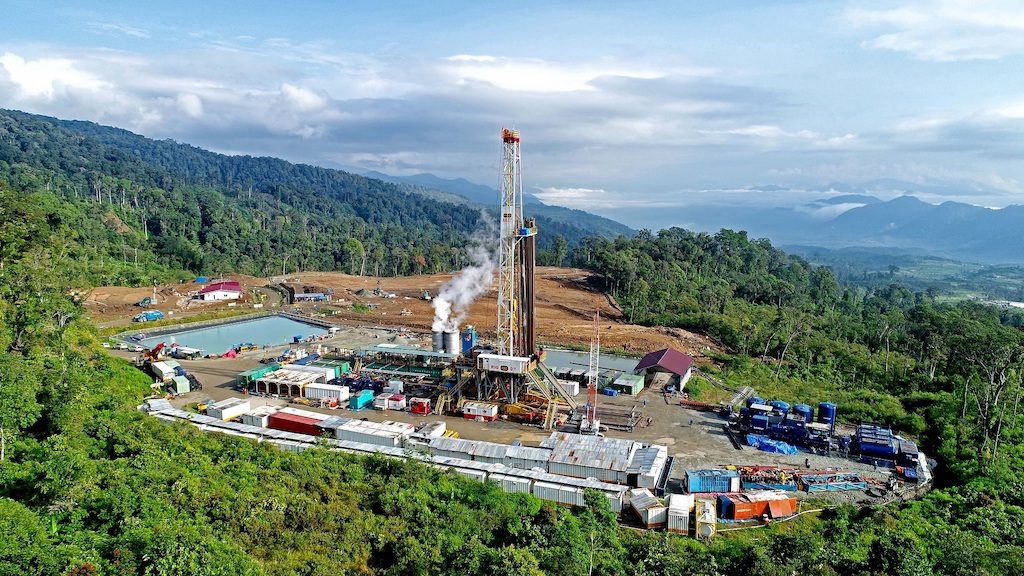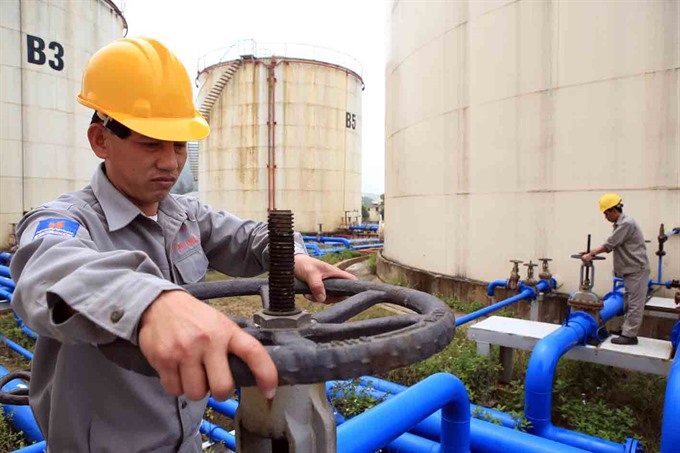“ELECTRICITY FOR ALL,” was Energy Secretary Alfonso G. Cusi’s brief response when asked about his main goal for the rest of his term.
“Hundred per cent electrification,” he said in an interview a few days before the end of 2018. “The tasks have been given to the DUs (distribution utilities), the electric cooperatives, and all. I just have to make sure that [those] that were given the task, do their work,” he said.
“An EO (executive order) will be a big support,” he said, adding that a directive from the president would compel those tasked to meet his full electrification target by 2022.
Mr. Cusi said when he started out as secretary of the Department of Energy (DoE) around mid-2016 the country was facing problems, the biggest of which were frequent brownouts.
“That we immediately addressed,” he said by directing distribution utilities, energy generation companies and the grid operator “to get their acts together” by generating reserve power.
He did not discuss in detail his other initiatives but early in his term, he did away with the previous administration’s energy mix policy and adopted instead a technology-neutral stance that did not favor any energy resource.
He was also vocal about his opposition to extending the feed-in tariff scheme, the past leadership’s initiative to encourage the development of renewable energy, saying it had served its purpose.
All these, despite admitting at first that he was not an expert in the energy sector. His previous government job was in the air transport sector, and in a private capacity, in shipping.
Mr. Cusi said the development of the liquefied natural gas (LNG) industry had always been among his objectives at the onset.
“LNG was included when we were checking on the problem of surging electricity rates, especially during the maintenance of Malampaya,” he said.
“Those dependent on gas were using alternative fuel, condensate, which is more expensive,” he said, citing the P10-billion increase in electricity cost that had to be shouldered by consumers at that time.
The DoE has since issued Department Circular No. DC2017-11-0012 or the Rules and Regulations Governing the Philippine Downstream Natural Gas Industry, and is now in the process of reviewing proposals to build an LNG import terminal.
Ahead of the depletion of the Malampaya gas field starting in 2024, the country needs to develop the infrastructure for LNG receiving, storage, liquefaction and regasification, Mr. Cusi said.
“We are hoping that we can do it before the year ends,” Mr. Cusi said when asked about when he expects to announce the final selection of the LNG hub proponent.
“The timeline is within 30 months, two-and-a-half years to three years,” he said on the completion of the facility.
Building an LNG import terminal would allow continuity for the five gas-fired power plants in Batangas province, which have a combined capacity of 3,211 megawatts (MW). It will also provide fuel for other proposed gas-fired power plants.
While the DoE is evaluating the project proposals, it has coordinated with the Senate Committee on Energy to draft a law governing the natural gas industry.
The legislation will make sure that there are off-takers of the imported fuel’s power output, ensuring that the proponent of the import terminal will have a ready and lasting market for its infrastructure. Should it be passed into law, it will also institutionalize third-party access to the terminal.
In November, the DoE launched the Philippine Conventional Energy Contracting Program (PCECP), which heightens the agency’s intent to develop the petroleum exploration industry.
The program is the revised and transparent petroleum service contract awarding mechanism that would allow investors to bid for exploration projects through a competitive selection process or by nomination.
The LNG terminal project and the PCECP were the biggest initiatives of the DoE in 2018. Among others, they will help address the agency’s goal of achieving energy security and sustainability.
Based on DoE data, the country’s total primary energy supply was 57.7 million tons of oil equivalent. Of this, indigenously sourced energy accounted for 51%, while the rest consisted of imported coal, oil and biofuels. The need to boost the development of indigenous energy sources could reduce exposure to price vulnerability in the international market.
The Philippines has a total installed generation capacity of 23,687 MW, of which coal power plants have the highest share at 37.3%, followed by renewable energy at 30.2%. Oil and natural gas made up 17.9% and 14.6%, respectively.
Power demand in 2019 is expected to peak at 11,200 MW in Luzon, nearly 4% higher than the 10,800 in 2018. In Mindanao, the peak is expected at around 2,200 MW, up 10% from the expected 2,000 MW. It is also expected to register the biggest growth in power demand. Peak demand in the Visayas is expected at 2,300 MW, up 9.5% from 2,100 MW.
Mr. Cusi has said that to ensure energy security of power supply, the DoE’s simulation showed that with an average annual economic growth rate of 5.7%, assumed power reserve margin of 25% above peak demand, the country will be needing an additional 43,765 MW by 2040.
The Luzon grid has 4,264 MW from committed power projects, but will need 24,385 MW more by 2040. Visayas has 919 MW of committed capacity and will need 9,180 MW more. Mindanao, which currently has excess capacity, will still need 10,200 MW by 2040.
The year 2040 may be far off, but the DoE has been looking for short- and long-term solutions, including nuclear energy.
“In the spirit of technology neutrality, I decided to reignite the discourse on nuclear power despite its being taboo,” Mr. Cusi said after meeting with members of the International Atomic Energy Agency on Dec. 10.
He said the DoE was considering the feasibility of introducing nuclear power into the energy mix in order to provide uninterrupted, secure, reliable, sustainable, and affordable electricity.
He said bringing down the cost of electricity “is a longer battle” but nuclear energy could provide the answer. Initial steps include the submission in April 2018 to the Office of the President of the DoE’s proposed national position on nuclear energy. A legislative bill to proceed with the regulatory framework on nuclear energy has cleared third reading at the House of Representatives, he said.
The pending bills on natural gas and nuclear energy may just ensure continuity of his goals beyond his term, should they be passed into law.
Mr. Cusi said if his performance were to be rated, it should be based on “what I did, the problems that I solved. How did I solve, how did the DoE solve the intermittent power of the past when you used to get red alerts, when you used to get brownouts.”
“Based on the way we are doing things, you can see a better year, better 2019. And I hope that will be better access to electricity for our people, and we are better secured in our energy,” he said.


